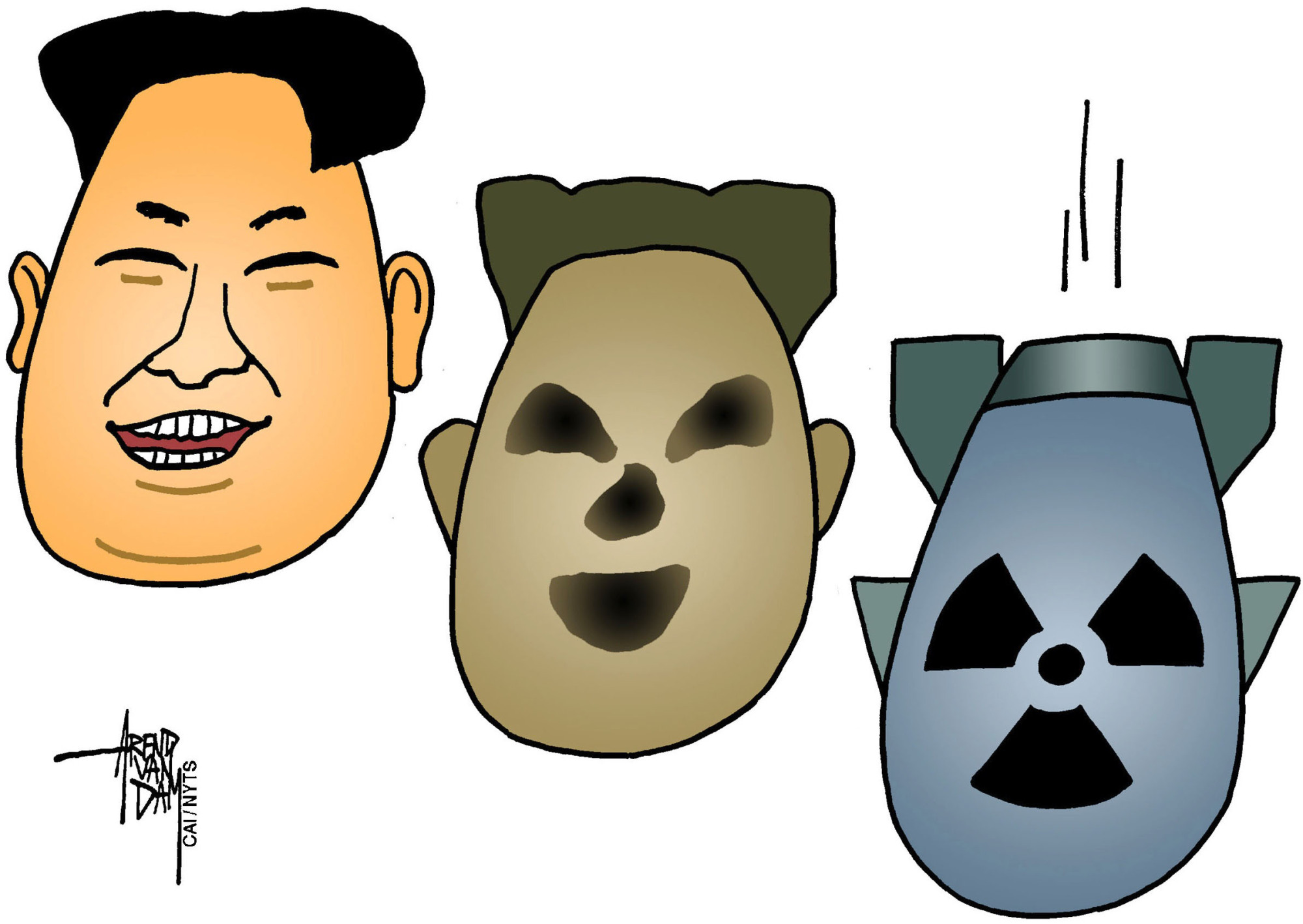On Jan. 2, then-U.S. President-elect Donald Trump, referring to North Korea's effort to develop a nuclear weapon capable of reaching the United States, assured his Twitter followers, "It won't happen!" But it has.
On July 4 — Independence Day in the U.S. — North Korea gave Americans an unwanted birthday present, successfully testing the Hwasong-14, an intercontinental ballistic missile that analysts say has the capacity to reach Alaska. All that is left now is for the North to miniaturize a nuclear warhead to be deliverable by such an ICBM — a milestone that is thought to be not more than a few years off.
The North's latest ICBM test has transformed the theater of diplomacy and war in Asia, and possibly the world, as it implies a level of nuclear risk witnessed only once before, with the Soviet Union in 1962. Indeed, we are now witnessing a slow-motion repeat of the Cuban missile crisis. The question is whether today's leaders will show the same level of strategic thinking that enabled U.S. President John F. Kennedy to defuse the threat in Cuba.



















With your current subscription plan you can comment on stories. However, before writing your first comment, please create a display name in the Profile section of your subscriber account page.